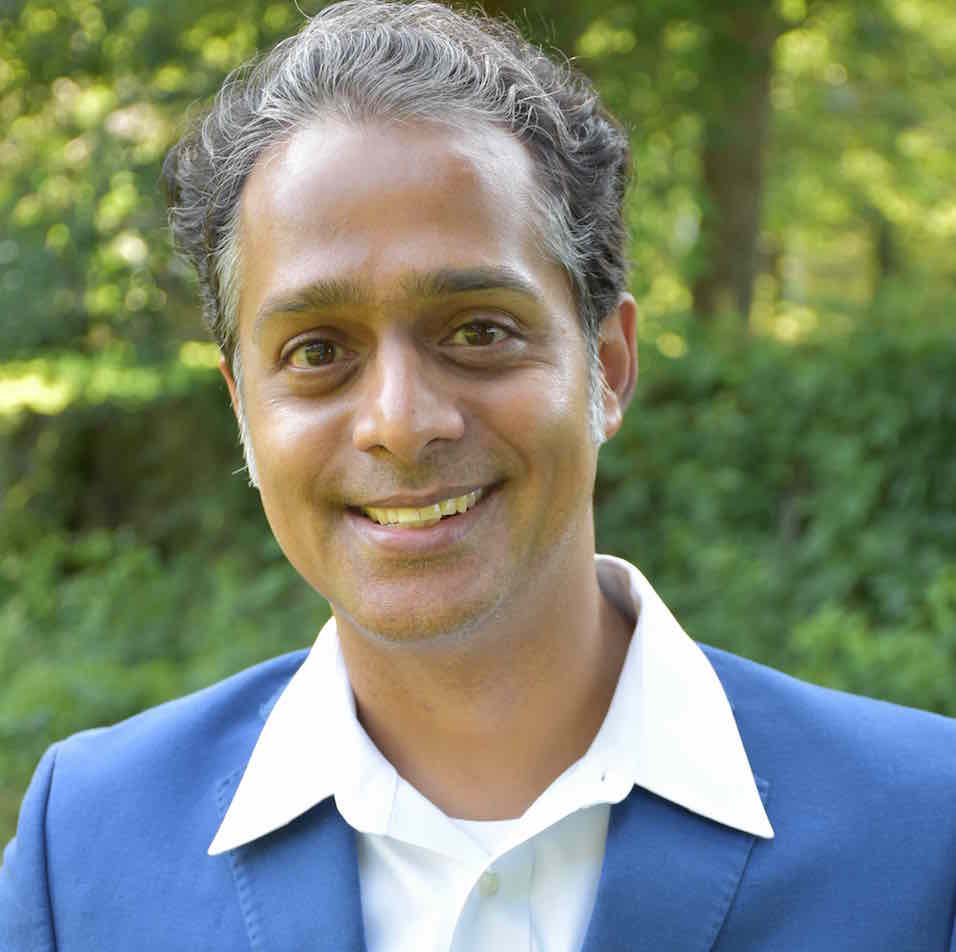Award-winning scientist Rahul Sarpeshkar has been named the inaugural Thomas E. Kurtz Chair in the William H. Neukom Academic Cluster in Computational Science.
Articles by: Geisel Communications
Regular Mammograms Might Lead to ‘Overdiagnosis’ of Breast Cancer
U.S. News & World Report via Health Day News – Cites a study conducted by researchers from Dartmouth and Harvard, which found that regular mammogram screening for breast cancer might be causing “widespread overdiagnosis.” The study found that the death rate from breast cancer did not appear to drop in the face of increased mammogram rates.
Screening Mammograms Don’t Prevent Breast Cancer Deaths, Study Finds
Los Angeles Times – Additional coverage on a study by researchers from the Dartmouth Institute for Health Policy and Clinical Practice at Geisel and Harvard, which found that mammogram screening tests aren’t working as hoped. Instead of preventing deaths by uncovering breast tumors at an early, more curable stage, screening mammograms have mainly found small tumors that would have been harmless if left alone.
Doctors Seek Organ Donation From Deaths Outside of Hospitals
Wisconsin State Journal – James Bernat, professor of neurology and medicine and the Louis and Ruth Frank Professor of Neuroscience, is quoted in an article discussing how some doctors are advocating for a new type of organ donation — from people who die of cardiac arrest at home, in emergency rooms or other places outside of inpatient hospital units.
Your New Liver Is Only a Learjet Away: Part 3 Of 3
Forbes – Quotes David Axelrod, assistant professor of surgery and of community and family medicine, who conducted a study of liver transplant outcomes at small and large transplant programs, comparing the smallest third of programs (which transplanted a median of 21 patients per year) to the largest third of programs (which transplanted more than 90).
Why Getting a Mammogram May Cause More Trouble Than It’s Worth
Prevention – Tracy Onega, associate professor of data science, epidemiology, and of the Dartmouth Institute for Health Policy and Clinical Practice at Geisel, is quoted in an article about how mammograms for women under 40 can be more harmful to your health than helpful.
The Downside of Medical Screening
The Atlantic – This article quotes H. Gilbert Welch, professor of medicine, community and family medicine, and of the Dartmouth Institute for Health Policy and Clinical Practice, from a panel discussion at the Aspen Ideas Festival Spotlight Health session last week. Welch notes that although medical screening sometimes saves lives, it can also lead to overdiagnosis, overtreatment and medical harm.
Hidden Dangers of Smoking on Hookahs
The Post and Courier – Cites a recent Geisel School of Medicine study, which surveyed 1,050 young smokers, age 15-23, and found that within two years, 39 percent who had smoked a hookah had graduated to cigarettes. The study notes that the young and impressionable get hooked at a more than 30 percent rate.
Building Baby From the Genes Up
Genius – In this opinion piece, Ronald Green, professor of religion and ethics at Dartmouth and adjunct professor of community and family medicine at Geisel, discusses the future of genetic engineering and reproductive medicine. Green notes that during a discussion with Geisel medical students, he asked the students whether they thought that we should move in the direction of human genetic engineering, and more than 80 percent said no. “This squares with public opinion polls that show a similar degree of opposition,” says Green. “Nevertheless, ‘babies by design’ are probably in our future — but I think that the critics’ concerns may be less troublesome than they first appear.”
No Matter the Language, Disease Risk Is Hard to Communicate
Science News – This article quotes Lisa Schwartz and Steve Woloshin, both professor of medicine, community and family medicine, and of the Dartmouth Institute for Health Policy and Clinical Practice at Geisel, on effective disease risk communication and how it’s not just about communicating the numbers of infected and quarantined, but how it’s also about admitting when you don’t have all the answers.
